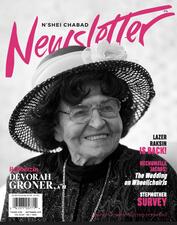Writing
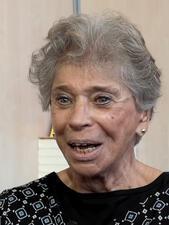
Vivian Gornick
Vivian Gornick is an American essayist, memoirist, and noted second-wave feminist. She is known for bringing a personal lens to political and critical writing.
Shira Gorshman
A multi-faceted Yiddish writer, Shira Gorshman embodied the vision and struggles of Jewish socialism throughout her long and productive life. Her work encompassed the shtetl of Lithuania, pioneering Palestine, the Soviet experiment, the Holocaust, and finally the return to modern Israel. In all these journeys her characters, many of whom are women, are revealed in their full humanity and individuality.
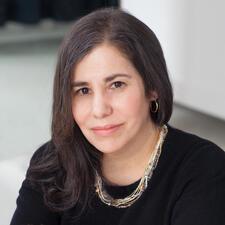
Amy Gottlieb
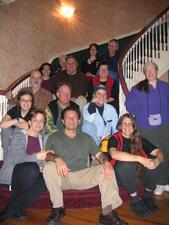
Lynn Gottlieb
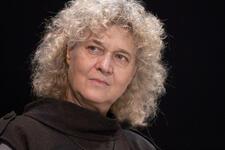
Michal Govrin
Michal Govrin, born in 1950 is an Israeli poet, writer, and stage director. She takes a highly individualized perspective on Israeli-Jewish post-Holocaust reality by combining artistic experimentation with Biblical and Rabbinic sources and philosophical discourse. In her poetry, prose and essays she examines places and spaces within a polyphonic context of architecture, art and theater, the sanctity of land, and the national narrative.
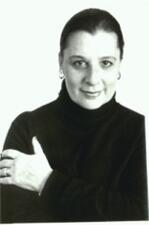
Blu Greenberg
Blu Greenberg is known as the mother of Orthodox feminism and is author of On Women and Judaism: A view from Tradition. She coined the phrase “Where there’s a rabbinic will, there’s a halakhic way,” demanding that rabbis find systemic solutions to help women who feel trapped by aspects of halakhah. Greenberg is a fierce advocate for agunot, women trapped in unwanted marriages.
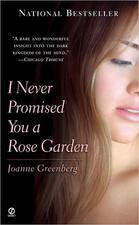
Joanne Greenberg
Aliza Greenblatt
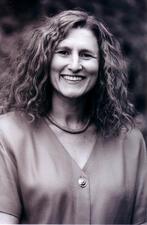
Gloria Greenfield
Sophie Von Grotthuss
Born in Berlin, Sophie von Grotthuss grew up with a mother who resented her Judaism and who married her off at fifteen into an unhappy relationship. In her later years she became a prolific author, but only a few of her works, including a story and a play, have survived.
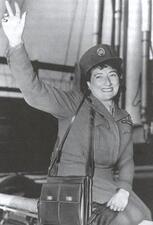
Ruth Gruber
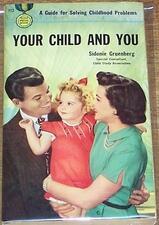
Sidonie Matsner Gruenberg
Angèle Guéron
Angèle Guéron was an educator in Edirne, once an important city in the late Ottoman Empire, now a border town in northwestern Turkey. The eloquent journal she kept during the Balkan Wars (1912-1913) provides a rare glimpse of life in a besieged Ottoman city and the struggles of a Sephardi Jewish woman against a conservative communal patriarchy.
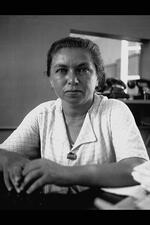
Bracha Habas
Bracha Habas was an educator and one of the first professional women journalists in Erez Israel. She was a member of Davar’s editorial board and the co-founder of its children’s newspaper, Davar le-Yeladim. Enumerating on Habas’s 48 publications, Rahel Adir described her as “the recorder of Yishuv history.”
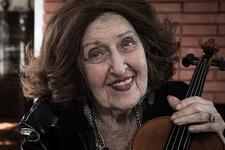
Ida Haendel
In a life that spanned the greater part of the twentieth century, Ida Haendel was one of the most enduring idols of the concert platform, an inspiration to both performers and music-lovers through her many recordings as well as her live performances and broadcasts. A musical prodigy who began performing at age four, Haendel continued her passionate violin performances into her late eighties.
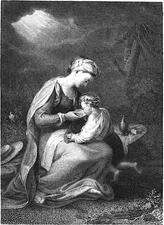
Hagar: Apocrypha
Reference to Hagar appears in a wisdom poem (Bar 3:9–4:4) that is itself part of an apocryphal letter written sometime between 200 to 60 B.C.E. to the priests and people of Jerusalem from Baruch, the scribe and close friend of Jeremiah (Jeremiah 36).
Käte Hamburger
Käte Hamburger was a German literary scholar and philosopher who developed a philosophical theory of literature.
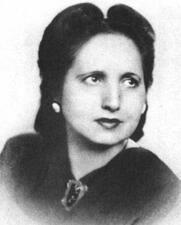
Sarah Hamer-Jacklyn
Sarah Hamer-Jacklyn’s popular Yiddish tales not only painted a vivid portrait of the lost shtetl of her youth, but also added a dimension male authors of the time had missed: a nuanced and complex picture of the lives of Jewish women.
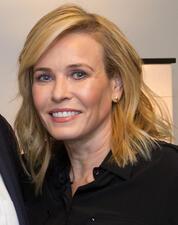
Chelsea Handler
When her confession in a DUI class left people rolling in the aisles, struggling actress Chelsea Handler launched a brilliant new career as a comedian.
Leah Cohen Harby
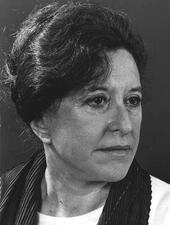
Shulamith Hareven
Born in Poland in 1930, Shulamith Hareven was an Israeli poet, author, essayist, and political activist. From capturing the lingering pain of Holocaust survivors to describing the harsh conditions of Palestinian refugee camps, Hareven used her writing to push Israelis to confront uncomfortable truths.
Marion Hartog
Marion Hartog and her sister Celia published influential poetry and books on Jewish themes, including works that were among the first fictions ever published by Jewish women anywhere in the world. Hartog later created and edited the first Jewish women’s periodical in history, The Jewish Sabbath Journal.
Hasidic Hebrew Fiction: Portrayal of Women
Hundreds of compilations of Hasidic literature, a genre derived from oral traditions, were published in Eastern Europe between the start of the nineteenth century and the outbreak of World War II. The image of “woman” varies in Hasidic literature according to the character in the story, its narrator, and its setting in time and place; therefore we can only refer to individual women, each on her own, and not to woman in general or women as a gender.
